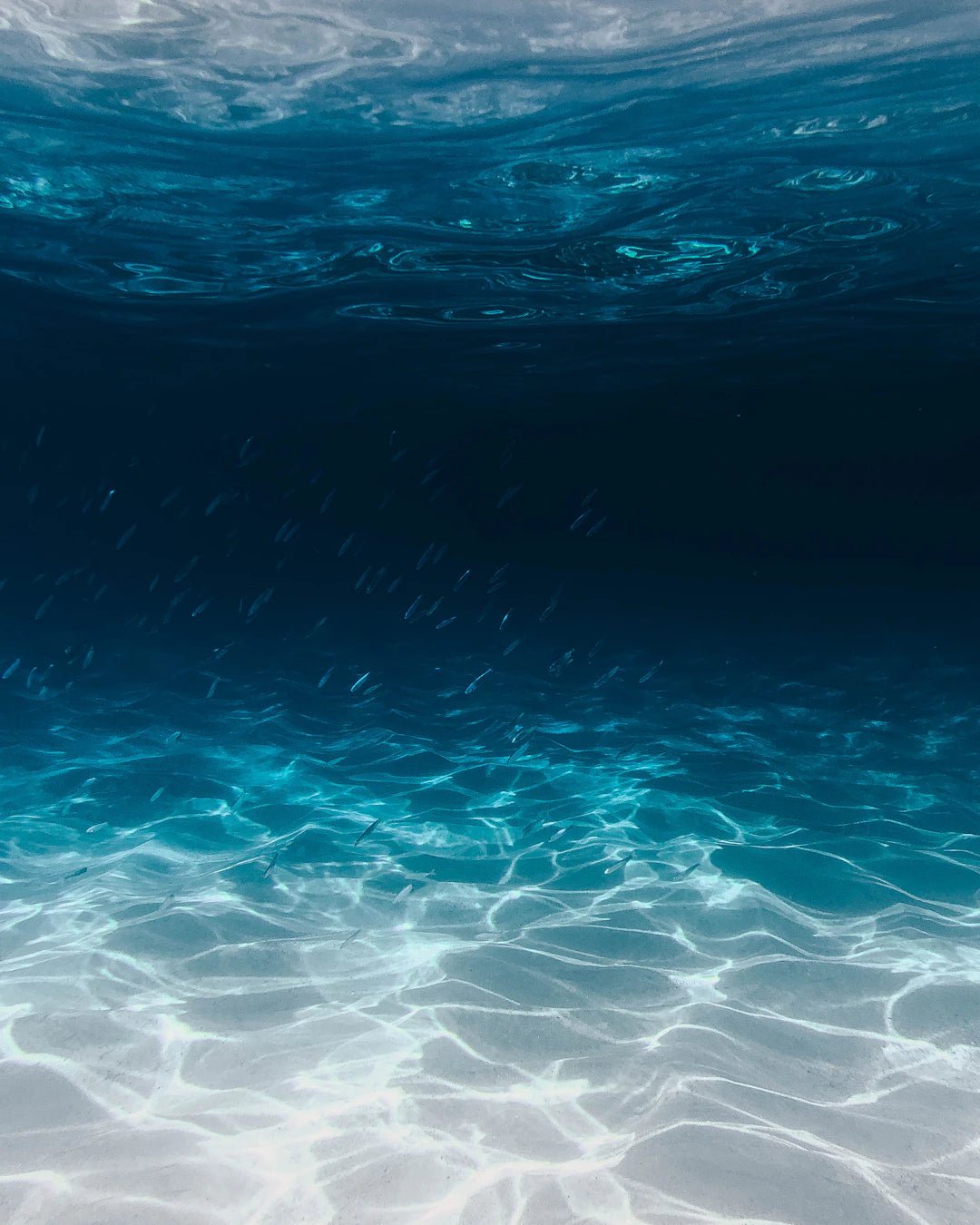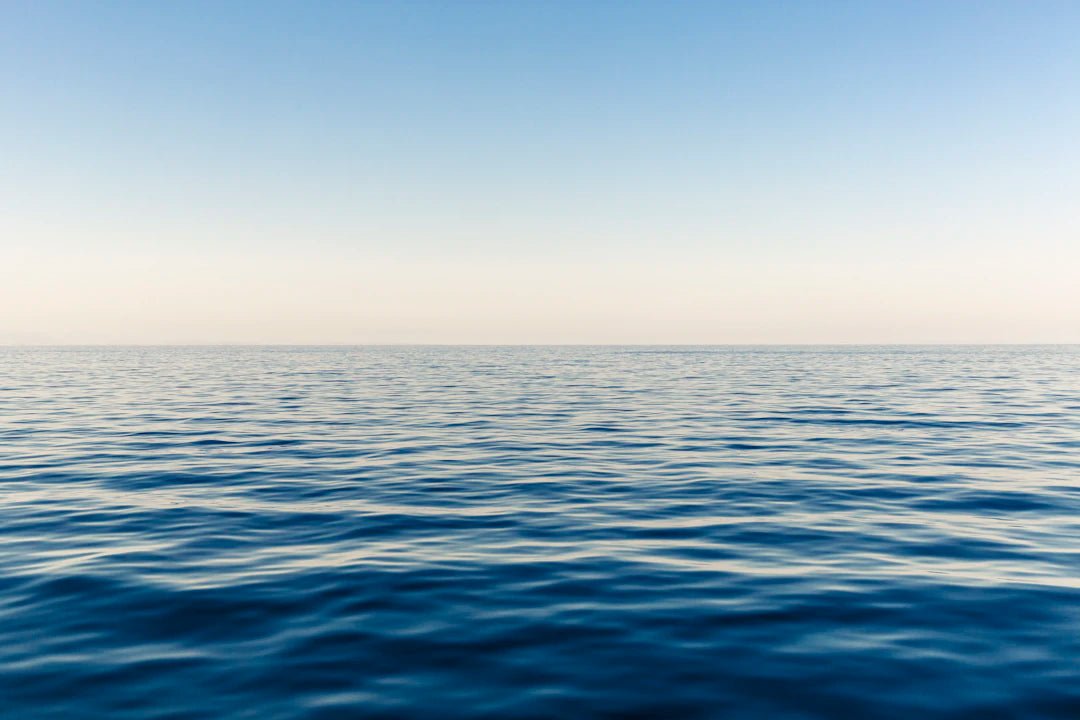Tap Water Quality in Major Australian Cities: A Guide
Frequently Asked Questions
1. Is tap water in Australia safe to drink?
2. How does the quality of tap water vary in different Australian cities?
3. What are the benefits of using a water filter?
4. Why might someone choose bottled water over tap water?
5. What is the Rippl Pure Water Filter?
When it comes to staying hydrated in Australia, the quality of tap water varies widely across different cities. Many urban dwellers often question whether their tap water is safe to drink and how it compares to bottled alternatives like sparkling water or mineral water. In this post, we’ll explore the quality of tap water in major Australian cities and discuss what you can do to ensure you are enjoying the best drinking water possible. Furthermore, we will highlight the benefits of using a Rippl Pure Water Filter to enhance your water drinking experience.
Understanding Tap Water Quality in Australia
Australia generally prides itself on the high quality of its drinking water. The country has strict guidelines set by the National Health and Medical Research Council (NHMRC) to ensure that the water supply is safe for consumption. However, the actual quality can depend on several factors such as local infrastructure, the source of the water, and treatment processes.
Factors that Affect Tap Water Quality
- Source of Water: Major cities like Sydney and Melbourne derive their water primarily from surface water sources such as rivers, rainwater, and large reservoirs. In contrast, other areas might depend heavily on groundwater sources.
- Treatment Processes: Different municipalities have different treatment methods to ensure the water is safe. This includes filtration and chemical treatments that may affect the taste and mineral content of the water.
- Age of Infrastructure: Older pipes can leach metals and other contaminants into the water. Assessing the condition of water infrastructure in your area can give insights into water quality.
City-Specific Water Quality Assessments
Let’s take a closer look at the quality of tap water in some of Australia’s major cities.
Sydney
Sydney’s tap water is sourced predominantly from reservoirs and is known for its clean taste. The city employs advanced treatment processes, including reverse osmosis, to maintain its high standards. While the water is generally safe, some residents opt for a water filter to further enhance taste and purity, particularly because of reported issues with chlorination byproducts.
Melbourne
Melbourne is known for having some of the best tap water in Australia, often winning awards for taste and quality. The water comes mostly from protected catchments that are regularly monitored for contaminants. Still, if you prefer drinking sparkling water or want to ensure the absolute best quality, a Rippl Pure Water Filter can help remove any remaining impurities, giving you refreshing water straight from your tap.
Brisbane
Brisbane’s water supply comes from both dam and groundwater sources. The city utilizes a variety of treatment methods to ensure safety, but locals sometimes notice a chlorine taste. Using a water filter can eliminate this chlorine taste and provide a more palatable option. Many residents turn to mineral water and sparkling water for their unique flavors; however, filtering tap water can give you the flavor and health benefits you are looking for without the extra cost.
Perth
Perth’s tap water is sourced from both surface water and aquifers. The water has undergone extensive treatment and has been rated safe to drink. However, there has been some concern about the presence of lead from old plumbing systems. Investing in a water filter can mitigate potential concerns and ensure you’re sipping on high-quality water. Clean, filtered water is the key to good hydration.
Adelaide
Adelaide's water is sourced from the River Murray and is treated to meet Australian drinking water quality guidelines. However, due to salinity issues, residents sometimes find the water less desirable. A Rippl Pure Water Filter provides a good solution, helping convert tap water into clean, refreshing drinking water that tastes significantly better, with less mineral content than conventional water.
Pros and Cons of Tap Water vs. Bottled Water
With the convenience of bottled water—including both sparkling water and mineral water—it's essential to weigh the benefits against those of tap water.
Pros of Tap Water
- Cost-effective: Tap water is significantly cheaper than bottled water, helping you save money.
- Environmental Impact: Using tap water reduces plastic waste, making it a more environmentally-friendly option.
- Accessibility: Tap water is readily available at any time in your home.
Cons of Tap Water
- Variable Quality: Tap water quality can differ from one location to another, depending on infrastructure and treatment facilities.
- Taste Issues: Some individuals find that tap water has a less desirable taste due to chlorine or other treatment chemicals.
- Health Concerns: Although treated, there may still be concerns regarding contaminants.
Pros of Bottled Water
- Consistency: Bottled water often has a consistent taste and mineral content, especially with options such as mineral water and sparkling water.
- Convenience: Easily transportable, bottled water can be consumed anywhere.
- Variety: The wide range of bottled options allows for a unique taste experience.
Cons of Bottled Water
- Cost: Regularly purchasing bottled water can be expensive over time.
- Environmental Concerns: Single-use plastic bottles contribute to pollution and environmental degradation.
- Health Risks: Some bottled waters may contain microplastics or harmful chemicals from the plastic over time.
Enhancing Your Tap Water Experience
Investing in a Rippl Pure Water Filter can completely change your perception of tap water. Here’s how:
Benefits of Using a Water Filter
- Improved Taste: Filters can reduce unwanted flavors, enhancing your drinking experience.
- Removed Contaminants: Water filters effectively eliminate a variety of contaminants, providing a cleaner and safer drinking experience.
- Cost Savings: By using a water filter, you reduce reliance on bottled alternatives, ultimately saving money in the long run.
Conclusion: Make Tap Water Your Go-To Choice
As we’ve seen, the quality of tap water in major Australian cities is generally high, yet there is always room for improvement. By using advanced filtration systems like the Rippl Pure Water Filter, you can ensure that you're enjoying the best-quality water possible right from your tap. Not only does filtered water taste better, but it also helps reduce your environmental footprint by decreasing dependency on bottled water. So, why not make the switch and elevate your hydration game? You’ll be doing your body—and the planet—a significant favor.



